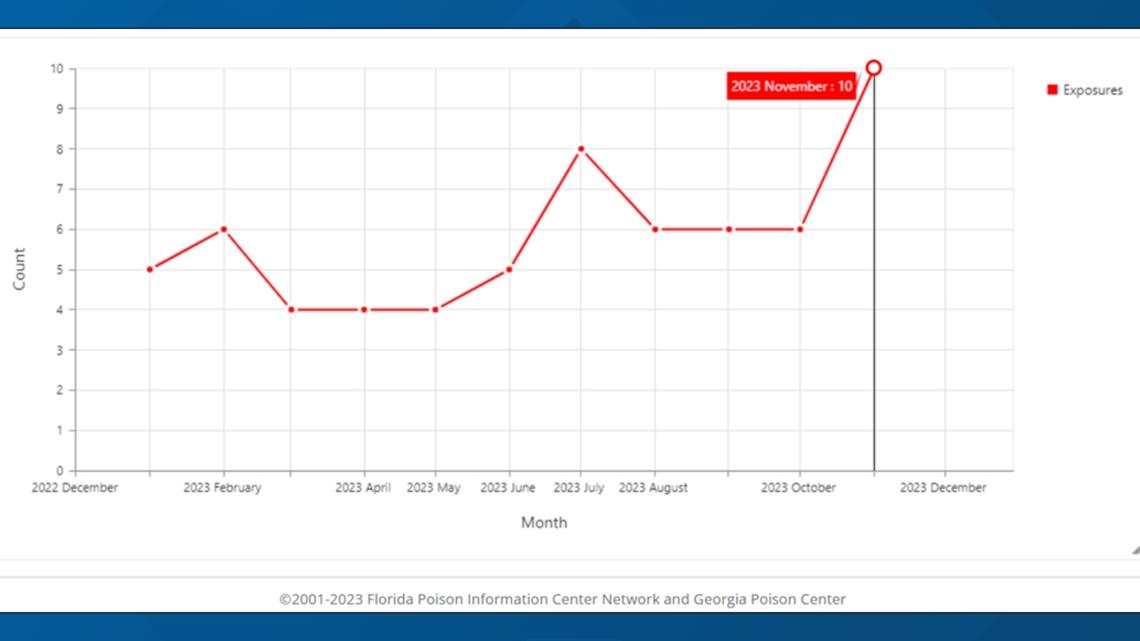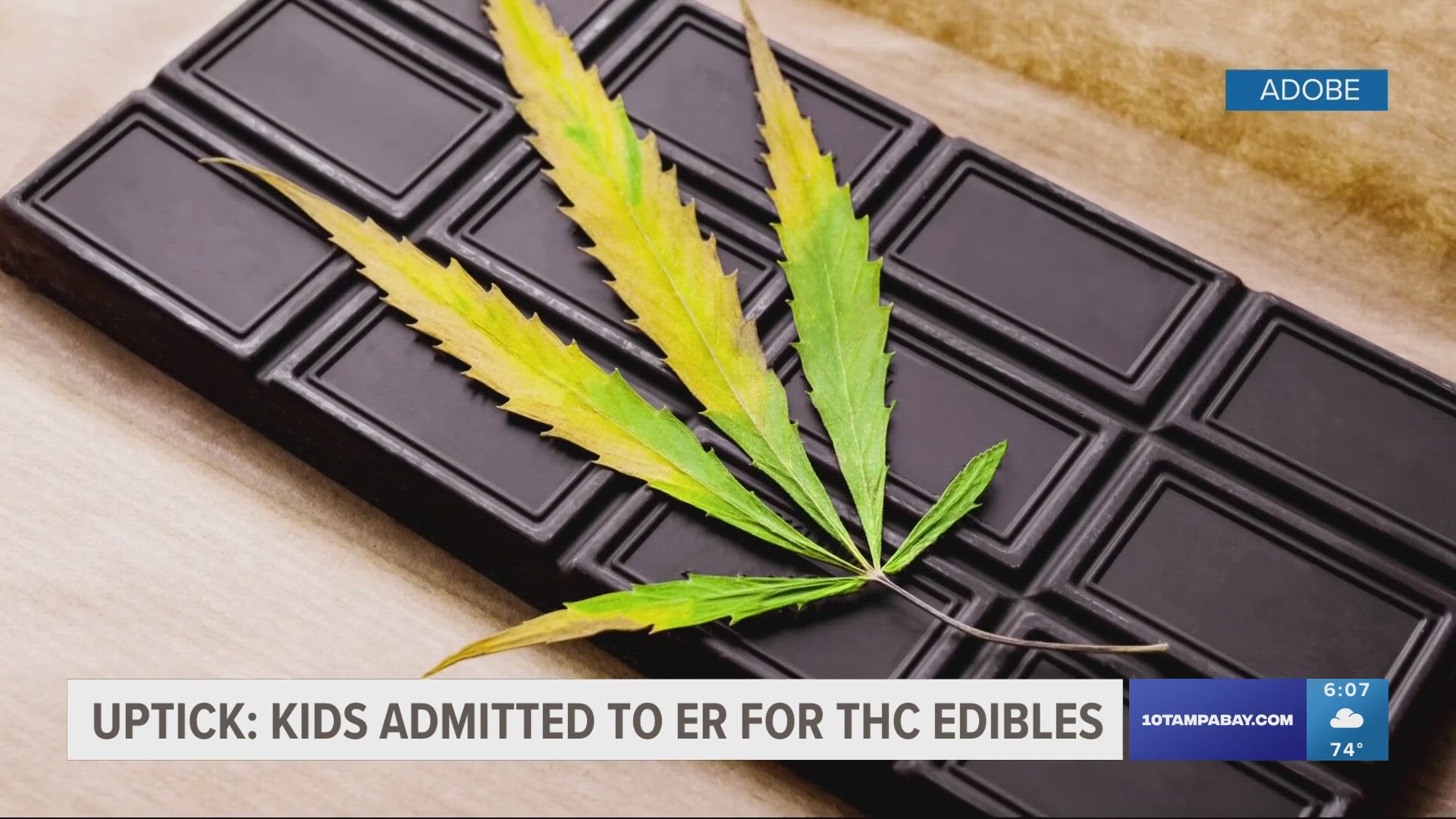ST. PETERSBURG, Fla. — "The emergency department is certainly a wild place and it's pretty standard to expect the unexpected. We are consistently inconsistent with all of the things that we see."
That's how Dr. Meghan Martin describes her typical day on the job. She is a pediatric emergency center physician at Johns Hopkins All Children's Hospital. While you may not have met her in the local ER, there's a chance you've stumbled upon her social media pages.
Under the TikTok handle @BeachGem10, Martin has 1.4 million followers. On Instagram, @Dr.BeachGem10 has 187,000 followers.
"I love my job, I honestly love my job, I love being able to help people," Martin said. "I love the cases that end with a positive outcome."
During the pandemic, Martin's social media pages grew in popularity, giving parents a sense of calm in a time with a lot of unknowns.
"I think what has developed over the pandemic is kind of a disconnect between healthcare workers and kind of regular people out there," she said. "I think it's important to create a bridge between those two groups and create a language that makes sense to both of them. A lot of times as a physician, we use the big words and not everyone understands the big words. So creating a language that makes sense to everyone [makes sure] we can kind of come together.
"I think educating parents helps them be better advocates to their kids."
As an emergency center doctor for children, Martin sees a full spectrum of cases come through the doors. Recently, there's been a particular trend on the uptick – kids eating food infused with marijuana extract, also known as THC edibles.
"We've seen a lot of THC edible cases recently, like a really significant increase in the last couple of years," Martin said.
To kids, these candies might just look like a sweet treat, and taste like it too. But after some time passes, it becomes very clear, this isn't just candy.
Martin said as many as two to three kids bring these cases to the hospital's doors each month.
"It's even getting closer to like one a week that we see," she said. "Not all of them are as severe. Sometimes they're just like a little sleepy not acting themselves."
However, some cases are severe, especially since THC can be fatal to children.
"I think it's important to know that there have been fatalities associated with THC ingestions," Martin said. "It's important, especially with younger kids, who if they do ingest, they may not be breathing quite as efficiently, to be evaluated and to be monitored."
Florida Poison Control has seen a growing number of reports of children ingesting THC in the Tampa Bay area.


In the chart above, the data depicted covers Manatee, Hillsborough, Pinellas, Pasco and Polk counties. So far this year, the poison center has received reports of 64 cases of children from 18 months to 18 years old ingesting THC. Twenty-three cases had severe effects, including central nervous system depression, low blood pressure, agitation, changes in heart rhythm and hallucinations.
The data collected by Poison Control is not a full depiction of the cases in the local area. Child ingestion of THC is reported voluntarily.
"This is likely a substantial undercount of true incidence," the center shared via email.
Not all individuals, police, hospitals, EMTs or medical examiners submit all their findings to the Poison Center.
The data shown is also specific to cases of ingestion only, not in instances where a child smoked marijuana.
"I think it's important for parents to be treating these [THC candies] like medications," Martin said.
Martin and the Poison Center ask parents to store their THC edibles like they would any other medication not meant for children.
If you suspect a child has ingested THC, call poison control immediately for guidance. Their number is 1-800-222-1222.
Malique Rankin is a general assignment reporter with 10 Tampa Bay. You can email her story ideas at mrankin@10tampabay.com and follow her Facebook, Twitter, and Instagram pages.

